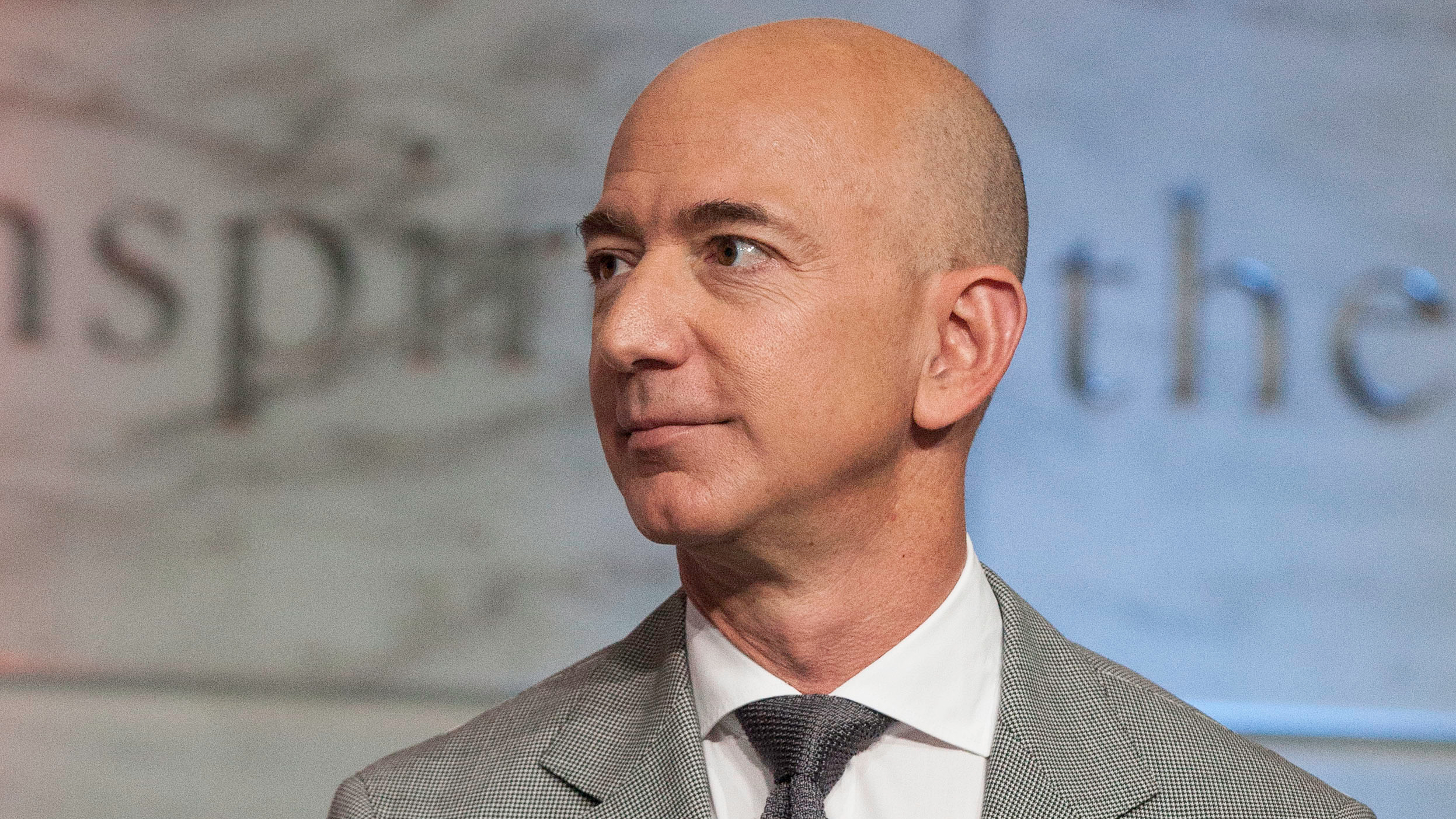US Defense Department cancels 'JEDI' contract awarded to Microsoft under Donald Trump
Amazon argued that the president saying 'screw Amazon' suggested outside influence on the original decision.

Keep up to date with the most important stories and the best deals, as picked by the PC Gamer team.
You are now subscribed
Your newsletter sign-up was successful
Want to add more newsletters?

Every Friday
GamesRadar+
Your weekly update on everything you could ever want to know about the games you already love, games we know you're going to love in the near future, and tales from the communities that surround them.

Every Thursday
GTA 6 O'clock
Our special GTA 6 newsletter, with breaking news, insider info, and rumor analysis from the award-winning GTA 6 O'clock experts.

Every Friday
Knowledge
From the creators of Edge: A weekly videogame industry newsletter with analysis from expert writers, guidance from professionals, and insight into what's on the horizon.

Every Thursday
The Setup
Hardware nerds unite, sign up to our free tech newsletter for a weekly digest of the hottest new tech, the latest gadgets on the test bench, and much more.

Every Wednesday
Switch 2 Spotlight
Sign up to our new Switch 2 newsletter, where we bring you the latest talking points on Nintendo's new console each week, bring you up to date on the news, and recommend what games to play.

Every Saturday
The Watchlist
Subscribe for a weekly digest of the movie and TV news that matters, direct to your inbox. From first-look trailers, interviews, reviews and explainers, we've got you covered.

Once a month
SFX
Get sneak previews, exclusive competitions and details of special events each month!
The United States' Department of Defense has cancelled a cloud computing contract that was awarded to Microsoft, somewhat controversially, under the Trump administration (thanks, CNN). Yes, I hadn't thought about that guy in about five months either, sorry.
The controversy was because, basically, the people who know what they're talking about felt that it should have gone to Amazon. The contract was for a super-secure cloud storage system for America's military data and technology, worth up to $10 billion over 10 years, and Amazon Web Services is widely regarded as the best option in the cloud computing industry.
Get this: it was named the Joint Enterprise Defense Infrastructure contract, as in it was the JEDI contract. Good to know we've got grown-ups running these things, though I suppose it does fit with Space Force.
Amazon reckoned that this contract was awarded to Microsoft because Donald Trump doesn't like Amazon executive chairman and then-CEO Jeff Bezos (or The Washington Post, which Bezos owns). Trump said he would take "a strong look" at the contract before it was awarded to Microsoft, and there's no shortage of other public comments from him disparaging Amazon and Bezos.

Thus, Amazon contested the decision at the US Court of Federal Claims on this basis, accusing the former US president of "repeated public and behind-the-scenes attacks" against the company and asking that he testify about how the contract was awarded.
I do love this bit from Amazon's court filing in February 2020: "President Trump has repeatedly demonstrated his willingness to use his position as President and Commander in Chief to interfere with government functions—including federal procurements—to advance his personal agenda. The preservation of public confidence in the nation's procurement process requires discovery and supplementation of the administrative record, particularly in light of President Trump's order to 'screw Amazon.' The question is whether the President of the United States should be allowed to use the budget of the DoD to pursue his own personal and political ends."
In March 2020, the DoD said it would re-evaluate the decision.
Keep up to date with the most important stories and the best deals, as picked by the PC Gamer team.
Clearly, the re-evaluation showed that this was not the cloud computing contract they were looking for. In a press release the DoD said it's decided to cancel the contract because of "evolving requirements, increased cloud conservancy and industry advances" and that the JEDI "no longer meets its needs."

Microsoft responded in a blog post accepting the decision, defending its technology, saying that doing it all over again was better than spending years in court, and taking a few pot-shots at Amazon ("Our focus on our customer, and not politics or litigation, is the cornerstone of our approach to help governments and businesses achieve their mission outcomes.")
The response also includes this incredible line: "The 20 months since DoD selected Microsoft as its JEDI partner highlights issues that warrant the attention of policymakers."
For its part, Amazon says it agrees with the decision, and re-emphasised the company's position that the contract was originally awarded as a "result of outside influence that has no place in government procurement." Don't mess with Jeff.
The DoD will now solicit proposals from Microsoft, Amazon and other cloud providers that can "meet the DoD's requirements."

Rich is a games journalist with 15 years' experience, beginning his career on Edge magazine before working for a wide range of outlets, including Ars Technica, Eurogamer, GamesRadar+, Gamespot, the Guardian, IGN, the New Statesman, Polygon, and Vice. He was the editor of Kotaku UK, the UK arm of Kotaku, for three years before joining PC Gamer. He is the author of a Brief History of Video Games, a full history of the medium, which the Midwest Book Review described as "[a] must-read for serious minded game historians and curious video game connoisseurs alike."

